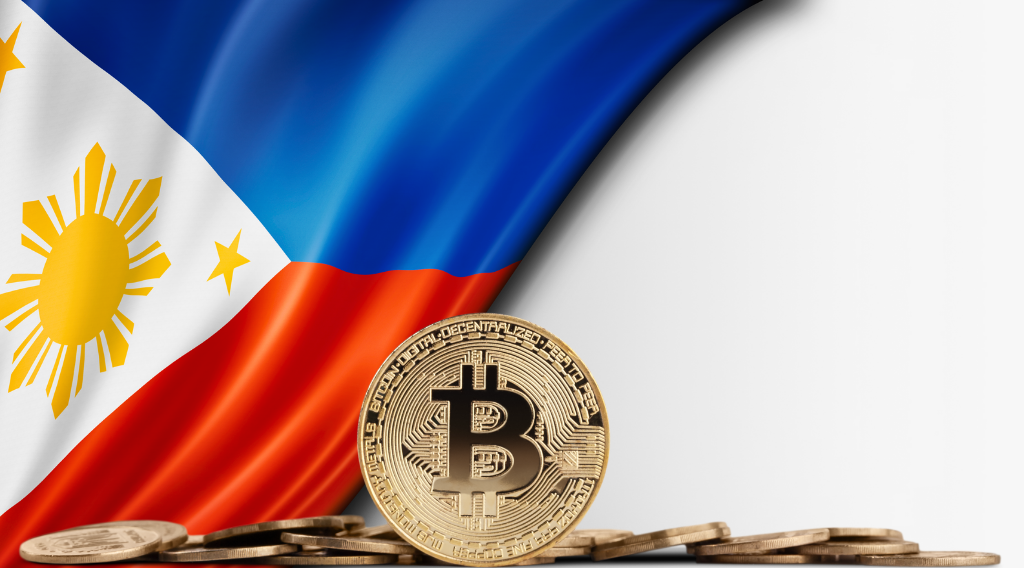Philippines Aims for Balanced Crypto Regulation, Framework Expected by H1 2024
By James Pebenito • November 14, 2023
Philippines Aims for Balanced Crypto Regulation, Framework Expected by H1 2024
Leading the way in organized cryptocurrency regulation is the Philippines, one of the major countries in the world of Bitcoin adoption. In the ranks of blockchain intelligence business Chainalysis, the Philippines fell from second to sixth position, but they still do well in both centralized and decentralized banking services.
The Philippines’ Securities and Exchange Commission (SEC) intended to implement a thorough regulatory framework for digital assets. Unfortunately, this project was derailed by the Bahamas-based cryptocurrency exchange FTX collapsing in late 2022. The digital assets framework of the SEC was delayed as a result of this incident.
Commissioner Kelvin Lester Lee of the Philippine SEC provided insight into the agency’s views and intentions around cryptocurrency during the Philippine Blockchain Week. During a special interview with Jenny Ortiz-Bolivar of Forkast, Lee talked about a number of topics, such as the crypto framework’s delay, his position on various digital assets, cooperation with neighboring nations, and the SEC’s methodology in contrast to that of the U.S. SEC.

Framework Publication and Feedback
Lester Kelvin Regarding the crypto framework’s expected publication, Lee gave details, saying that it would be open for public comment within the next month. In order to establish the implementation timeline—possibly by the end of the year or the first or second quarter of 2024—the next steps would entail gathering public opinion. In order to ensure that the framework strikes a balance between regulatory supervision and enabling the functioning of crypto platforms without onerous restrictions, Lee stressed the significance of public input in its shaping.
Lee outlined the regulatory strategy of the SEC, stressing that not all cryptocurrencies would be governed. The main goal would be to evaluate and classify digital assets, such as cryptocurrencies, that might be regarded as securities. This strategy is in line with the SEC’s dedication to protecting the public and creating an atmosphere that allows legal cryptocurrency companies to operate.
Lee showed openness to cryptocurrencies as part of the financial system’s evolution with regard to the SEC’s position on stablecoins, cryptocurrencies, and non-fungible tokens (NFTs). He agreed that it was critical to allow cryptocurrencies while adhering to the relevant regulations. Lee emphasized a nuanced approach to NFTs, making a distinction between those that function as actively traded digital assets and those that are employed as art forms. This strategy is in line with the Monetary Authority of Singapore’s procedures.
Cooperation Across Regions and US SEC Relations
In order to examine legal frameworks for digital assets and cryptocurrencies, representatives from 10 ASEAN countries convene on a regular basis inside the ASEAN Capital Markets Forum, which Lee said is a collaborative effort. Although Lee acknowledged the cooperation with the U.S. SEC and endorsed its stance, he made it clear that there aren’t any intentions to replicate the agency’s recent “crypto crackdown.” Although it will base its regulatory judgments on regional conditions, the Philippines supports the position taken by the U.S. SEC.
The urgent problem of cryptocurrency scams in the Philippines was also covered in the interview; Lee acknowledged that many of these scams have nothing to do with cryptocurrency at all but instead use the word to entice investors. The SEC has taken aggressive steps to safeguard investors from fraudulent schemes, such as alerts, raids, and cease and desist orders. Lee stressed the value of doing due diligence to prevent falling for scammers and asked the public to confirm with the SEC before making any transactions.
While focusing on investor safety and working with regional peers, the SEC’s approach shows a commitment to creating a favorable climate for the crypto business as the Philippines makes its way toward a comprehensive regulatory framework.



